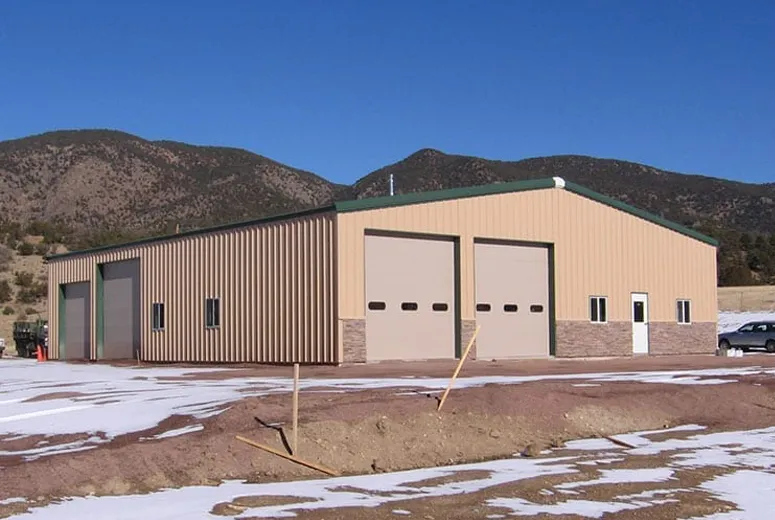- Afrikaans
- Albanian
- Amharic
- Arabic
- Armenian
- Azerbaijani
- Basque
- Belarusian
- Bengali
- Bosnian
- Bulgarian
- Catalan
- Cebuano
- Corsican
- Croatian
- Czech
- Danish
- Dutch
- English
- Esperanto
- Estonian
- Finnish
- French
- Frisian
- Galician
- Georgian
- German
- Greek
- Gujarati
- Haitian Creole
- hausa
- hawaiian
- Hebrew
- Hindi
- Miao
- Hungarian
- Icelandic
- igbo
- Indonesian
- irish
- Italian
- Japanese
- Javanese
- Kannada
- kazakh
- Khmer
- Rwandese
- Korean
- Kurdish
- Kyrgyz
- Lao
- Latin
- Latvian
- Lithuanian
- Luxembourgish
- Macedonian
- Malgashi
- Malay
- Malayalam
- Maltese
- Maori
- Marathi
- Mongolian
- Myanmar
- Nepali
- Norwegian
- Norwegian
- Occitan
- Pashto
- Persian
- Polish
- Portuguese
- Punjabi
- Romanian
- Russian
- Samoan
- Scottish Gaelic
- Serbian
- Sesotho
- Shona
- Sindhi
- Sinhala
- Slovak
- Slovenian
- Somali
- Spanish
- Sundanese
- Swahili
- Swedish
- Tagalog
- Tajik
- Tamil
- Tatar
- Telugu
- Thai
- Turkish
- Turkmen
- Ukrainian
- Urdu
- Uighur
- Uzbek
- Vietnamese
- Welsh
- Bantu
- Yiddish
- Yoruba
- Zulu
Dec . 03, 2024 11:06 Back to list
The Rise of Modular Warehouse Buildings A Game Changer in Logistics
As the logistics industry continues to evolve, the demand for efficient and flexible storage solutions has never been greater. One of the most innovative responses to this need is the rise of modular warehouse buildings. These structures are not only redefining the way we think about storage but also revolutionizing the entire supply chain process. In this article, we will explore the benefits of modular warehouse buildings and their impact on the logistics industry.
What are Modular Warehouse Buildings?
Modular warehouse buildings are pre-fabricated structures built off-site in sections, or modules, and then transported to the location where they are assembled. Unlike traditional warehouses, which can take months or even years to construct, modular warehouses can be erected in a fraction of the time. This rapid construction allows businesses to respond quickly to changing market demands and gives them a competitive edge.
The flexibility inherent in modular design is one of its most attractive features. Modular warehouses can be easily expanded or reconfigured to meet the evolving needs of a business. As e-commerce continues to grow, companies require more storage space to accommodate fluctuating inventory levels. Modular solutions can be tailored to scale up or down as demand changes, providing businesses with the agility they need to thrive in a fast-paced environment.
Cost Efficiency and Sustainability
One of the primary advantages of modular warehouse buildings is their cost efficiency. With reduced construction time, businesses save money on labor and overhead expenses. Additionally, the off-site construction process minimizes waste and optimizes the use of materials, leading to lower overall costs. The predictability of modular construction also allows businesses to budget more effectively.
Sustainability is another key benefit of modular warehouses. As the world becomes increasingly aware of the need for eco-friendly practices, modular buildings provide a solution. Many modular warehouse manufacturers prioritize sustainable materials and energy-efficient designs. Green roofs, solar panels, and energy-efficient lighting are just a few features that can be integrated into modular designs, helping businesses reduce their carbon footprint.
modular warehouse building

Enhanced Efficiency and Technological Integration
In a sector where time is money, modular warehouses offer operational efficiencies that can significantly impact a company's bottom line. The streamlined construction process leads to quicker turnarounds, allowing companies to begin operations sooner. Furthermore, the design of modular warehouses can be optimized for logistics operations, featuring layouts that enhance workflow, reduce handling times, and increase overall productivity.
Technological integration is another area where modular warehouses excel. With the rise of automation and smart technologies in logistics, modular buildings can easily accommodate advanced systems such as robotics, automated storage, and retrieval systems (AS/RS), as well as advanced inventory management software. The flexibility of modular design ensures that businesses can adapt to the latest technological trends without undergoing extensive renovations.
The Future of Modular Warehousing
The modular warehouse concept is still gaining momentum, but its future looks promising. As global supply chains become more complex and the demand for speedy delivery increases, businesses must adapt quickly. Modular warehouses provide the perfect solution, combining cost efficiency with the flexibility necessary to respond to market fluctuations.
Moreover, as urbanization continues to rise, the need for warehouses closer to city centers will grow. Modular buildings can be constructed in areas with limited space, offering a practical solution that meets both the logistical needs of companies and the constraints of urban planning.
In conclusion, modular warehouse buildings are transforming the logistics landscape by offering businesses the ability to be agile, cost-effective, and sustainable. As the industry continues to evolve, we can expect these innovative structures to play a crucial role in shaping the future of storage and logistics solutions. The adaptability and efficiency of modular warehouses position them as a cornerstone of modern supply chain management, ensuring that businesses are ready to tackle the challenges of the future while meeting the demands of their customers today.
-
How Do Prefabricated Steel Structures Transform Modern Construction?
NewsJul.14,2025
-
How Do Prefabricated Metal Buildings Redefine Modern Construction?
NewsJul.14,2025
-
How Do Prefab Insulated Metal Buildings and Steel Structures Revolutionize Modern Construction?
NewsJul.14,2025
-
How Do Pre - Engineered Steel Structures Redefine Modern Construction?
NewsJul.14,2025
-
Advancing Modular Construction with Prefabricated Metal Structures
NewsJul.14,2025
-
Advancing Industrial Infrastructure with Prefabricated Steel Solutions
NewsJul.14,2025
Products categories
Our Latest News
We have a professional design team and an excellent production and construction team.












